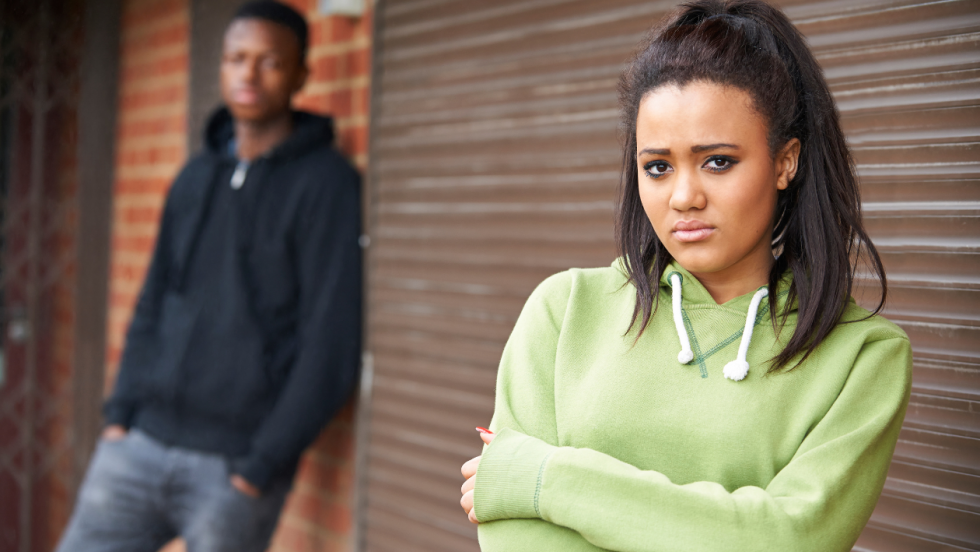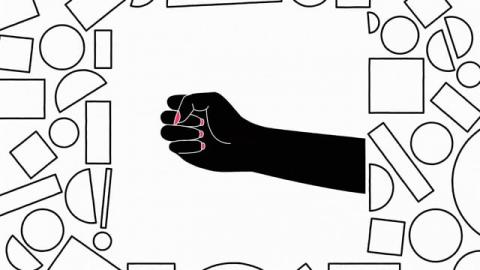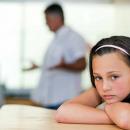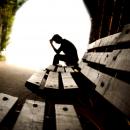Domestic Abuse

When arguments involve violence or threats, intimidation, manipulation, lying or always putting people down, this is abuse.
Family members and partners sometimes disagree, and it's OK to be angry. But anger needs to be expressed safely, so that:
- no one is injured
- no one feels afraid
- and no one feels abused
Abusive situations can be difficult to sort out, but support is available.
Crucial: If someone is in immediate danger or badly hurt dial emergency services 999.
What is abuse?
Abuse is when someone does bad things to someone else over a period of time.
Part of learning about relationships is learning to treat each other with care and respect. This video talks about signs that a relationship might be becoming risky or abusive.
Harm in the home
Domestic abuse can happen at any age.
If there is violence or abuse in the home, it is harming everyone, even if they are not being directly targeted.
It's not your fault, you are not alone and you can get help.
Crucial: If someone in your home is being harmed by someone they are (or have previously been) in a relationship with, it is important to get help. If you're not sure how, you can contact Childline or talk to your School Health Nurse.
Stalking
When someone tries repeatedly to contact, hurt or upset you, it is called stalking.
Stalking can happen when somebody knows you, or they are a stranger. It can include:
- Regularly sending flowers or gifts
- Making nasty or persistent phone calls or texts
- Threats or damage to your property, you, or others
Stalking is dangerous, even if the person stalking insists that they mean no harm. If you are being stalked, it is important to let someone know right away.
Take Action: You can call the National Stalking Helpline on 0808 802 0300 or if you are immediate danger, you can call the police on 999.
Risky Relationships
Some relationships are riskier than others. Things like substance use, mental health difficulties, addiction and joblessness can increase the stress in a relationship. Past experiences can also cause difficulties in relationships. But recovery is possible and support is available.
My experience: We realised we both came from homes affected by domestic violence and would need help and support if we were going to "break the chain". We have learned loads of ways to cope with those explosive feelings that used to end in violence. If you and your partner want to change, don’t be afraid to go for help. - Ayla,18
Separation Abuse
Most people, when relationships end, have a period of feeling unhappy and reflection. But sometimes, emotions get in the way, and problems happen.
Separation abuse refers to patterns of abuse that continue or start after a relationship has ended. This can include things like;
- Persistent attempts to communicate
- Stalking behaviours
- Spreading rumours and messaging other connected people
These can make it hard for both people to move on, and it is important to take action to stop the behaviour. Taking action, for example, talking to someone like a trusted adult, or a School Health Nurse, is important. Acting as soon as possible can help everyone feel safer.
Support is available whether:
- You are worried about your own behaviour
- You are worried about someone else's behaviour
You can find out more about relationships ending on the Mix.




Comments
Hi, I've edited your comment to remove personal details, but I would like to reassure you that you have been heard and listened to. I would like to encourage you, when you are ready, to contact the Oxfordshire Domestic Abuse helpline on 800 731 0055 - it's open Monday – Friday 9.30am – 6pm, Saturday 10am – 4pm. You can find further help and support from http://www.reducingtherisk.org.uk
First of all, thanks very much for leaving this question. It can be very difficult to know what to do in this situation. But, domestic abuse is a crime and can be reported by anyone - it doesn't have to be the victim. You can contact your local police on 101 or report anonymously to Crimestoppers - instructions on how to report are here - https://crimestoppers-uk.org/keeping-safe/personal-safety/domestic-abuse. If anyone is in immediate danger (being attacked or threatened) call 999.
For more information, and to talk things over with someone, you can call the 24-hour National Domestic Violence Freephone Helpline on 0808 2000 247 - it doesn't have to be the victim who calls, and it doesn't have to be about a current relationship.
Support is available to protect the person being abused, and make sure there is no further contact. There is also support that will help the abusing person change their behaviour and stop victimising others. You can find out more about all the kinds of help and support available here https://www.citizensadvice.org.uk/family/gender-violence/domestic-violence-and-abuse/
I edited your comment to remove the personal information, in order to protect the privacy of those involved.
Leave a comment or question